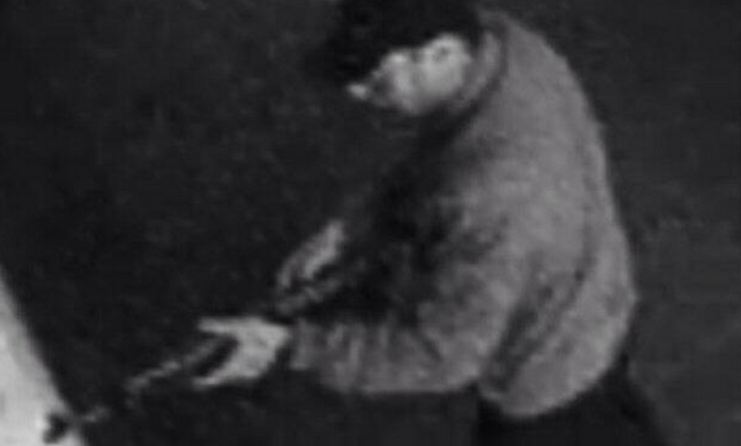
PARIS — Prosecutors say that a Frenchman arrested over killings at a Belgian Jewish museum had traveled to Syria and claimed responsibility for the shootings in a video.
Belgian federal prosecutor Frederic Van Leeuw said Sunday that the suspect had tried to film the killings on May 24 but his camera failed. A video found after his arrest shows his weapons and clothes, and includes his voice claiming responsibility for the attack.
Paris Prosecutor Francois Molins says police arrested the suspect, Mehdi Nemmouche, on Friday in Marseille after he arrived on bus coming from Amsterdam. He says the suspect had an automatic weapon like that used in the Brussels attack, and a white sheet scrawled with the name of the Islamic State of Iraq and the Levant, an extremist group fighting in Syria.
The shootings raised fears that the hundreds of Europeans who have gone to join Islamic extremists in Syria could stage attacks back home.
THIS IS A BREAKING NEWS UPDATE. Check back soon for further information. AP’s earlier story is below.
A man has been arrested in southeast France in the investigation of a shooting at a Jewish museum in Brussels that left at least three people dead, the Paris prosecutor’s office said Sunday.
Amid reports that the suspect had joined Islamic extremists in Syria before returning to Europe, French President Francois Hollande promised Sunday to fight homegrown radicals who return from the war-ravaged Middle Eastern country with violent plans.
European authorities have struggled to stem the flow of young Europeans who are joining the fight in Syria against President Bashar Assad, and are especially afraid that they will stage attacks when they get home.
The suspect was arrested Friday during a customs inspection at a train and bus station in the port city of Marseille, an official with the Paris prosecutor’s office said. The man had arrived in Marseille on a bus from Amsterdam that had stopped in Brussels, she said.
The man was found to have a revolver and an automatic weapon of the same type used in the Brussels shootings May 24, and ballistics analyses are under way to determine if it is the same weapon, she said. A police official said the suspect is a 29-year-old man from the northern city of Roubaix, near Belgium.
Both officials were not authorized to be publicly named when speaking of ongoing investigations. Prosecutors in Paris and Brussels were expected to give a news conference Sunday on the matter.
The suspect has been handed to anti-terrorist investigators and could be held at least through Tuesday under French counterterrorism law.
Hundreds of people have left from France alone to fight in Syria’s 3-year-old civil war with Islamic extremists. The French government recently introduced new measures to try to stop disaffected youth from leaving in the first place, and better track those who go to Syria and come back.
Hollande said those efforts would be “amplified” in the coming months, without elaborating.
“The whole government is mobilized to follow the jihadists, and prevent them from being able to cause harm” especially when they come home to France or elsewhere in Europe, he said on an official visit to Normandy.
The Brussels killings, which came on the eve of European parliament elections in which far right parties had a strong showing, led Belgian officials to raise anti-terror measures and raised fears of rising anti-Semitism.
Two Israeli citizens and a French citizen were killed.
Video of the attack showed an athletic man with cap walking determinedly into the small Jewish Museum. The whole assault took a minute at most.
The European Jewish Congress welcomed the arrest in France and urged European authorities to act faster and more aggressively to prevent such crimes.
The attack and the arrest revived memories of Mohamed Merah, a Frenchman who trained with extremists in Afghanistan and Pakistan, and then attacked a Jewish school and French paratroopers in southern France in 2012. He killed seven people, including three children, before dying in a shootout with police.
Those killings rocked France, prompting tougher anti-terrorism measures aimed at better tracking French citizens who pursue extremism abroad.